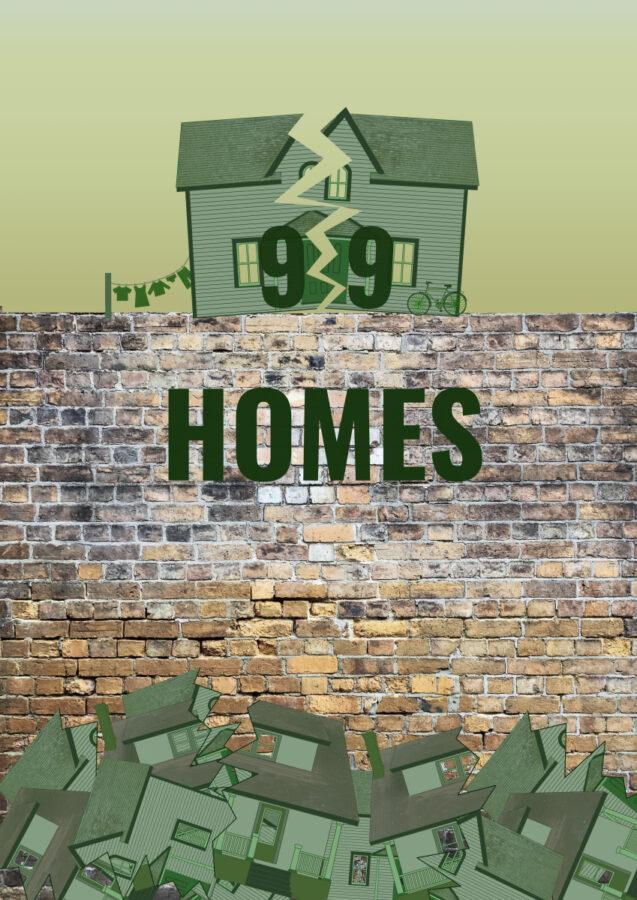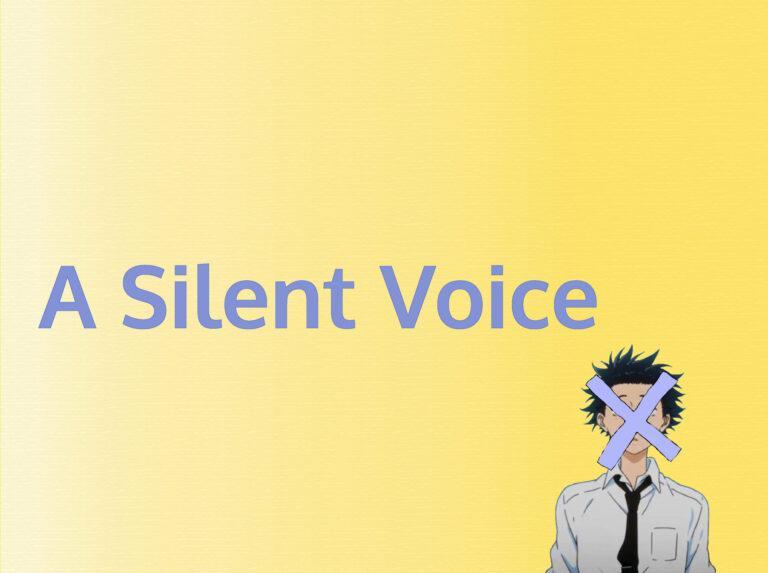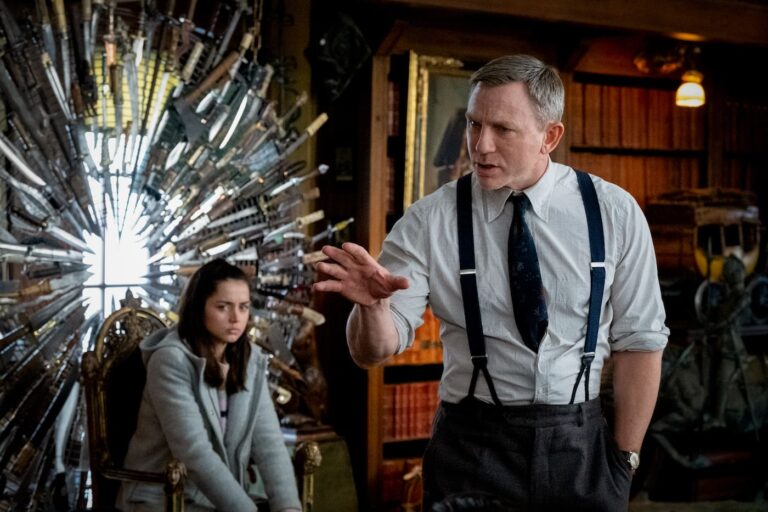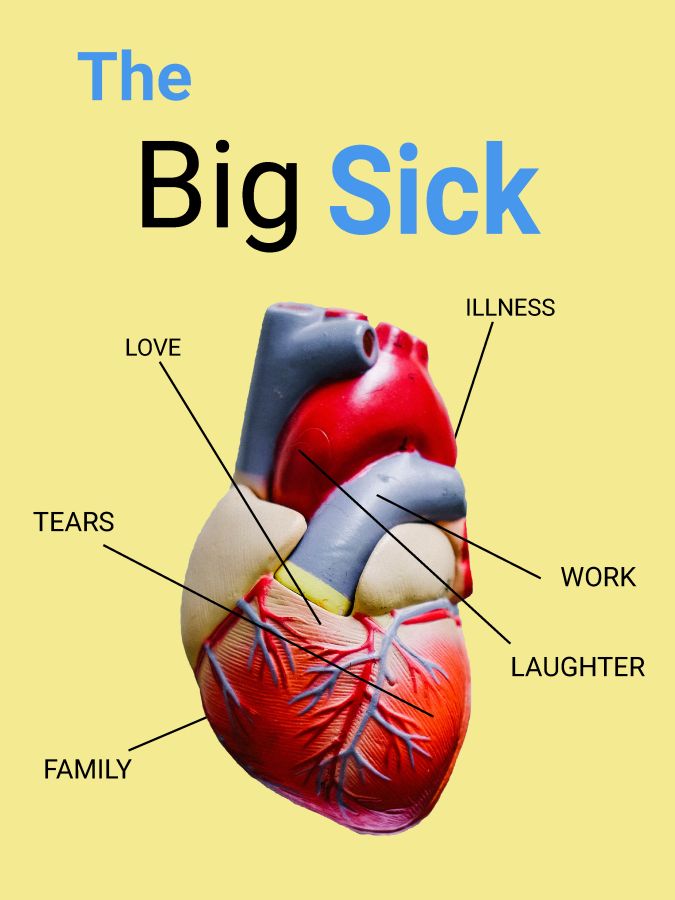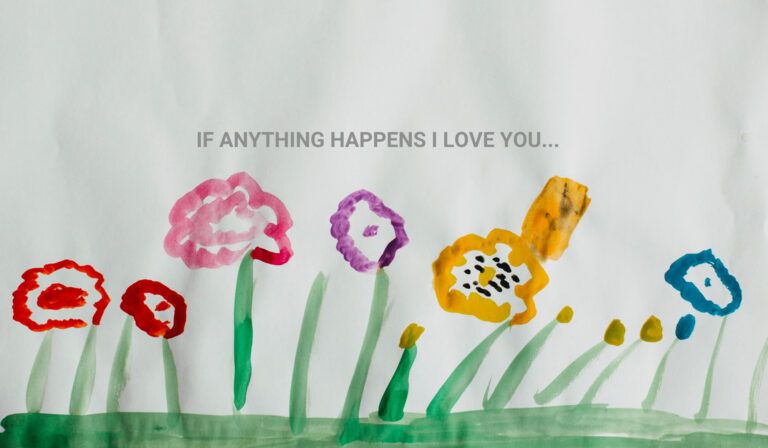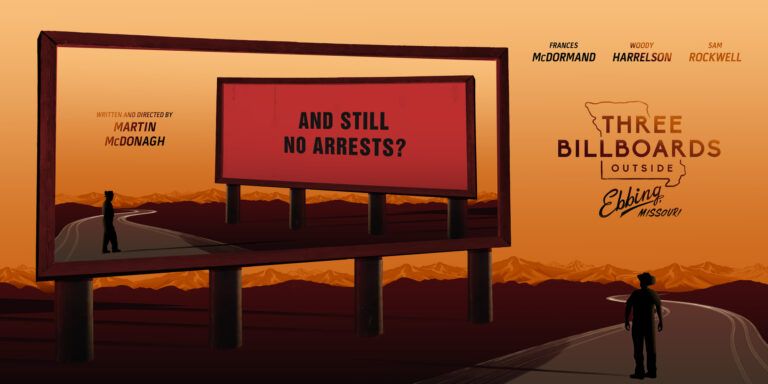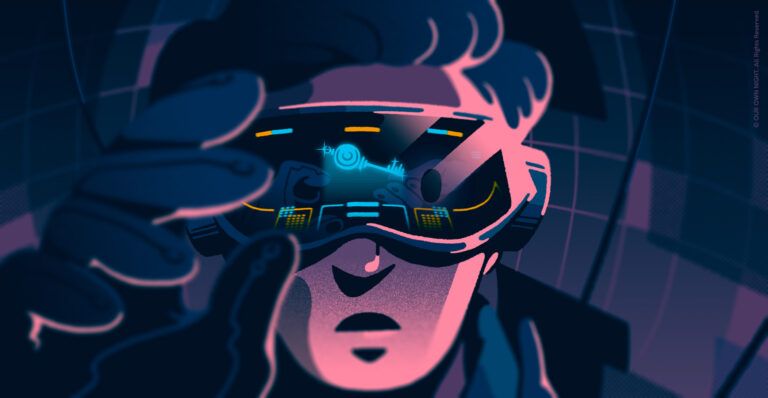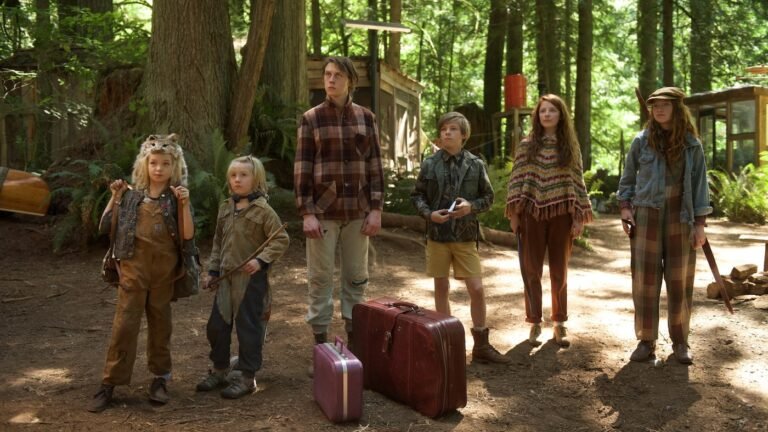I wasn’t sure about this film going in, the description seemed too real for many in today’s world, and frustratingly so as hardworking labourer Dennis (Andrew Garfield) struggles to find permanent work in an increasingly small job market, with the result being more debt and the loss of his home. Still there? Great! Just hang in, this film is worth it. Evicted from his childhood home, along with his mum and son, Dennis finds himself in a moment of pure desperation and, in having no other choice, comes to work for the real-estate broker who evicted him – Rick Carver (Michael Shannon) – as he “carves” up neighbourhoods and homes. What’s worse (other than this play on words) is that Dennis’s new position comes at the cost of evicting others who find themselves in the same situation he was once in. The film posing a truthful question and answer; what would the average person do when faced with such little hope?
Watching the trailer and reading its blurb I couldn’t imagine a happy ending for the film, and what mood suits this type of movie? Do you go in sad only to leave sadder? Or happy, but feel you have no right to be? But now that I’ve seen 99 Homes, mood doesn’t matter. The film is just captivating. The acting real and a dialogue seemingly almost unscripted for its realism. I won’t say how it ended, and it was a tough film to watch – due to the truth of its content – but it was surprisingly enjoyable, with the camerawork being so personal that you feel truly immersed in Dennis’s world.
The narrative of 99 Homes avoids the pitfall of being flashy with over-dramatization, and instead simply unfolds a system of society that’s decided to break those already broken; from unkind banks, to dismissive courts and cruel seizures. People borrow money to survive, and then end up losing their home for this money. But what choice did they face? And what options do they have now? The film answers with one bleak word – none.
In the opening scene of the movie a body is shown slouched on the toilet seat of a bathroom. Its pink walls splashed with the dark red of the victim’s blood. The gun left on the floor beneath a fallen hand. The unspoken visuals showing someone who was trapped with no way out, and in one swift move the camera turns away from the red-stained bathroom, to the crisp white suit of Rick Carver. In movies nothing says your dirtier than a crisp white suit; the people wearing them being so far at the top of the food chain that their filthy business barely touches the ground they walk on. This is further emphasised when Rick turns away from a police officer trying to take his statement and instead takes an “important” phone call – after all, business is booming. Immediately Michael Shannon conveys the insincerity of his character; Rick’s callousness raising its head higher from false empathy, to telling the officer to “stop wasting my time” – this being his final response and only concern on the matter. From this the camera moves to the court house, where Dennis is trying to keep hold of his home – the dismissive judge repeating Rick’s attitude; he has no time for Dennis and he seems to see no reason why he should.
99 Homes puts the spotlight on the unforgiving nature of a system that’s failed the working class, and highlights its corruption of greed; have money = wanting more money. No matter the price, even when it’s a threat to life, with the character Rick Carver exemplifying this as he justifies his actions to Dennis, whilst tempting him to become the same. Despite the ominous; “You work for me, you’re mine,” – a clear modern version of selling your soul to the devil, Dennis finding himself tempted by the dodgy dealings, cash in hand, and its increasingly larger pay-outs. The further he sells his soul at the hope of buying his house back, the further he seems to get from having a home.
It’s clear there’s a message being shouted in the film – look at what’s happening – and in using a wide spectrum of castings – the elderly, pregnant, young families, single parents – they pull at the fact it could be you. These depictions of life were moving, but there was one family the film missed the impact of; that of a son having to translate to his mother that the house was no longer theirs. This quick snippet of filming reducing its effect to nearly nothing.
The main actors, Michael Shannon and Andrew Garfield, were as usual great in their roles, with Andrew stealing the light between the two, due to his impactful mannerisms – from his character stuttering in sympathy, to later adopting Rick’s gestures and the near perfection of lines that made him seem like he was a puppet who’s merely moving his mouth to Rick Carver’s words. But it was the extreme manifestation of his stress that hit hardest; red face, strained neck, a fair bit of spittle, but most of all the shaky hands that made mine shake alongside – he really knows how to build tension. Although for all this it was Tim Guinee (played Frank) who caught the camera, he might not have been a main character, and I won’t spoil his role, but when he was on screen it felt like he’d been brought in to add a real factual experience. And you’re a dead fish if you don’t have an overwhelming sense of sympathy for his character.
By creating a feel of personal voices in the dialogue, having fantastic close-ups that produce the effect of personal space being invaded, and adding a mix of handheld shots, 99 Homes has a reality usually obtained by documentary films and not Hollywood movies. Helping you to understand that this can be, and is, real life.
Moving? Yes. Tearjearker? No. Petition? Most definitely!
Director & Writer: Ramin Bahrani
Other notable works:
- The Last Days of Ptolemy Grey 2022 –
- The White Tiger 2021
- Goodbye Solo 2008
- Chop Shop 2007
Writer: Amir Naderi
Other notable works:
- The Runner 1984
Writer: Bahareh Azimi
Other notable works:
- The White Tiger 2021
- Goodbye Solo 2008
- Chop Shop 2007

